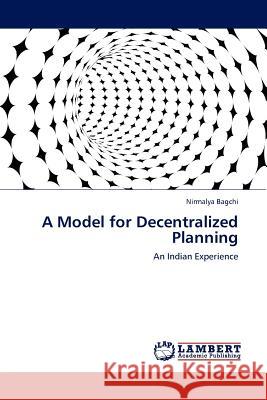A Model for Decentralized Planning » książka
A Model for Decentralized Planning
ISBN-13: 9783845403601 / Angielski / Miękka / 2011 / 204 str.
Today, there exists a role for the State in social infrastructure development. We submit that to bring in efficiency in such State sponsored investments, decentralized planning plays a key role. However, decentralized planning has unique problems. Problems of setting of proper priorities and selection of beneficiaries, and problems of lack of trained manpower to make use of local data and indeed a proper environment for taking up planning at the local level. We address both the problems, first, by developing a mathematical model the objective being to minimize inequality, in a region, and second, by embedding the logic of the model in a Decision Support System (DSS). We have validated the model with data from one district of the state of West Bengal, in India, and also with a host of computer generated datasets. We submit that the model and the associated custom made DSS that we present here will work provided a dataset is available, the allocable resource at hand is known and all agree on the allocation rule that we have specified based on the principle of natural justice. These are the inputs to the model, which if given correctly, the solution will be provided by the model.











